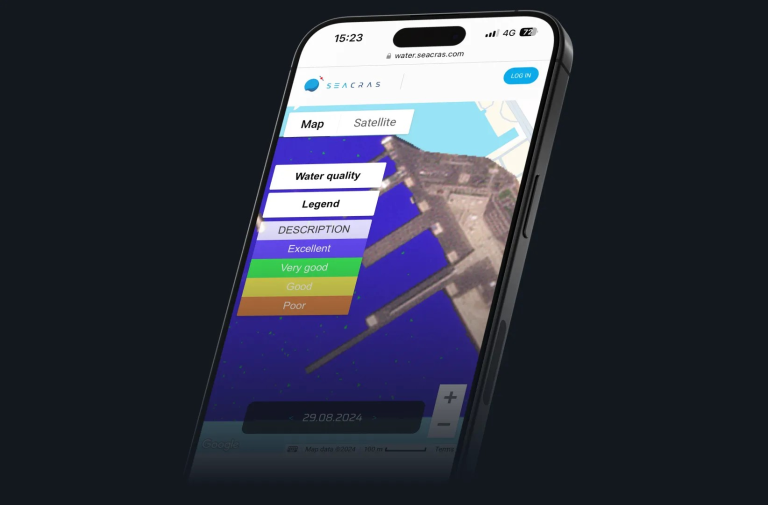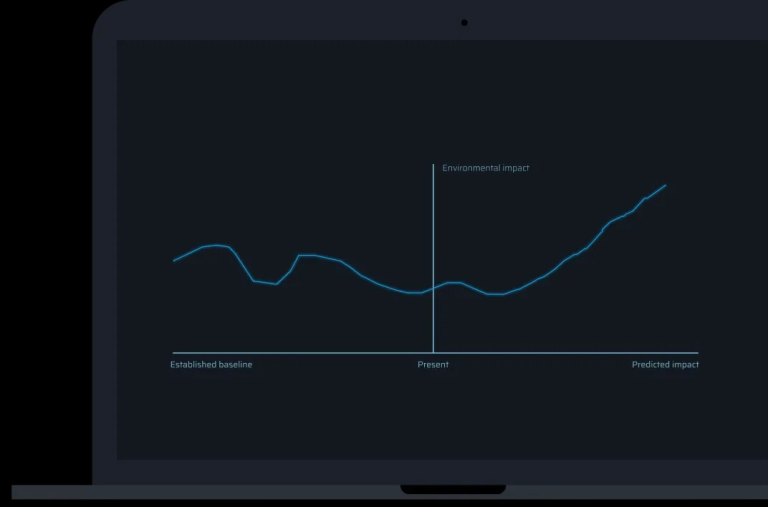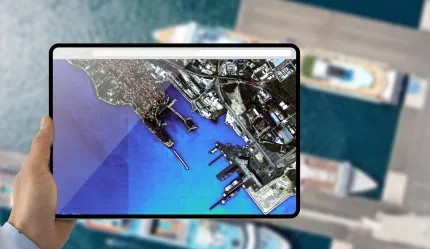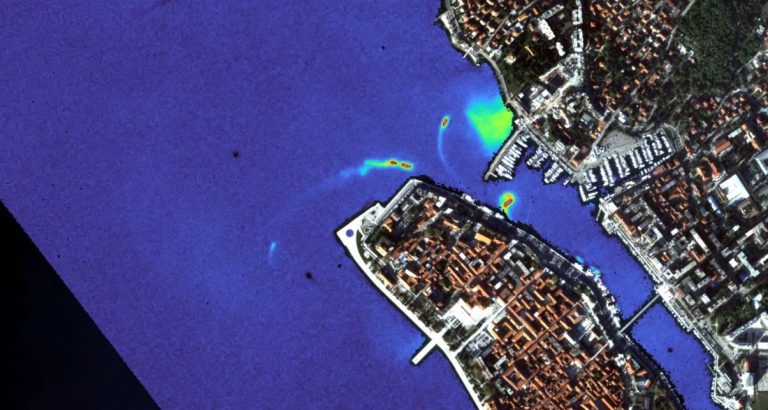SeaCras: Leading Satellite Tech in Maritime Tourism
For the second time in three years, the European Union Agency for the Space Programme (EUSPA) has recognized SeaCras as a “model of successful practice” in the implementation of satellite technologies in the maritime tourism sector, highlighting the platform’s importance in addressing environmental and climate challenges in coastal tourism and cultural heritage management.
On October 8, 2024, during a session of the EUSPA consultation platform dedicated to “Tourism and Cultural Heritage,” Mario Špadina, PhD, CEO of SeaCras, presented the use case titled “Coastal Intelligence: Earth Observation Data-Driven Reporting for Transparent and Anti-Greenwashing Practices in Sustainable Maritime Tourism and Cultural Heritage Management,” which illustrates the positive impact of spatial data in promoting transparent and sustainable practices in the sector.
SeaCras app
In the context of tourism and cultural heritage, spatial data provided by the European Union plays a key role in the development of advanced tools for environmental monitoring and climate change prediction. These tools are crucial for supporting strategic decision-making, mitigating climate change risks, and monitoring environmental impacts, promoting sustainability and the protection of both natural and cultural heritage. Advances in satellite imagery, combined with artificial intelligence data analysis, sensors and cameras, have enabled the creation of detailed digital replicas of landmarks, paving the way for new immersive applications for the preservation and enjoyment of heritage. In essence, SeaCras is creating digital twins of sea for advanced management of touristic destinations.
During the session, which involved key experts and industry stakeholders, the potential of Earth Observation (EO) technologies and GNSS was discussed. These technologies, as highlighted by SeaCras‘ CEO, are fundamental in creating value in coastal tourism operations, including hotels, resorts, campsites, and marinas. SeaCras’ tools enable accurate and transparent reporting on the environmental impact of tourism activities and promote a responsible approach to destination management, also contributing to the conservation of cultural heritage through impact assessments, risk analyses, and climate change adaptation strategies. Špadina also emphasized how SeaCras’ solutions help local communities adapt to climate change, promoting resilience and sustainability.
SeaCras
seacras-la-protezione-dei-mari-per-un-futuro-sostenibile
One of SeaCras‘ distinguishing features is its ability to combine technology with a long-term vision for coastal tourism. Through the technology developed, coastal destinations along the Adriatic are integrating satellite marine monitoring into their operations, improving environmental management and safeguarding natural resources. Coastal cities like Zadar, Dubrovnik, and Korčula; cruise ports; hotel resorts; national parks; natural parks; as well as marine protected reserves, already benefit from SeaCras services and are building their resilience for the upcoming tourist season and potential disruptions induced by climate change.
The recognition received not only celebrates SeaCras‘ achievements but also highlights the innovation of EU spatial data, which is opening new perspectives for the tourism and cultural heritage sector. The integration of these data into strategic and operational decisions is ushering in a new era for the sector, where environmental protection and sustainability are at the heart of growth and development.
Over the past year, SeaCras has consolidated its position as a leader in sustainable tourism, earning numerous accolades that attest to its commitment to a responsible and innovative approach. SeaCras’ commitment to sustainability is not just an ethical choice, but a true business strategy that pays off. Lately, they started a state-of-the-art research project for the detection and prevention of fecal pollution in bathing waters, in collaboration with the Croatian Institute of Public Health (HZJZ) at the national level in Croatia. Over 1,300 locations will soon be under strict daily surveillance to guarantee public safety and enhance the experience of visitors to these destinations. In essence, this extensive project aims to preserve Croatia’s tourism-oriented economy.
SeaCras_Pollution
Its innovative vision has already led to several successes, including international recognition and growing appreciation from clients and stakeholders. Through its activities, the company not only enhances the sustainability of territories but also contributes to the conservation of cultural and natural heritage, a crucial theme in an era of accelerated climate change. The EUSPA recognition is just another award for a vision that is turning into a revolution in sustainable tourism.
SeaCras continues to stand out as a pioneer in the use of satellite and maritime technologies, helping to improve tourism practices and preserve cultural heritage, demonstrating how technological innovation can play a key role in creating a more sustainable and resilient future.
Stay updated with the latest news, updates, and reviews from the world of cruises on Cruising Journal.




